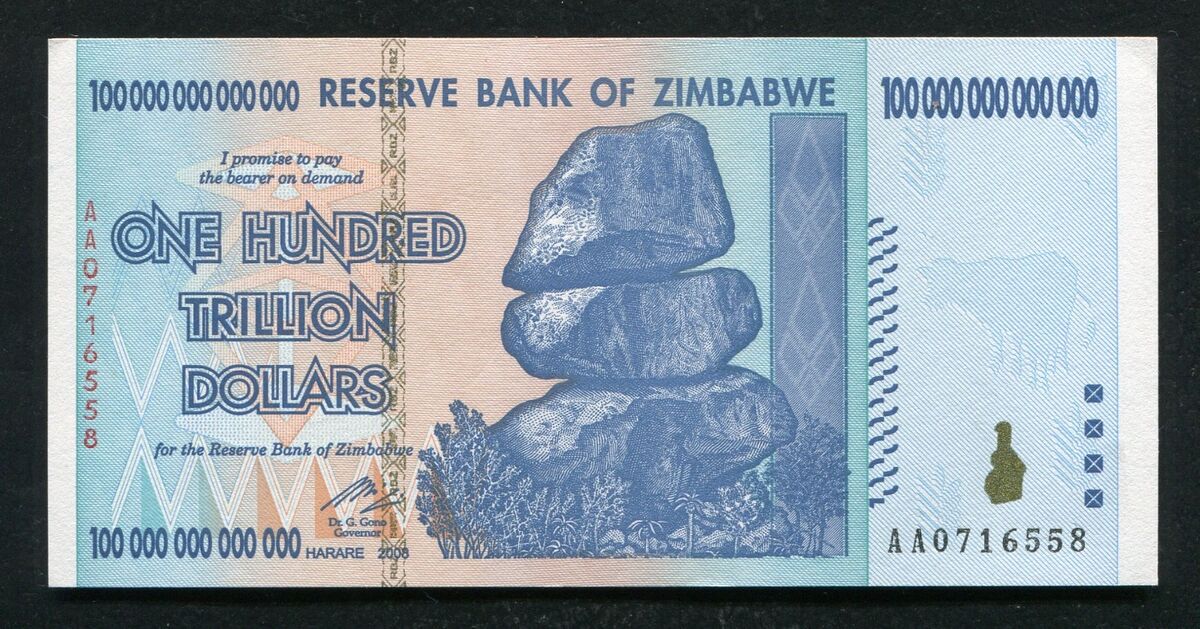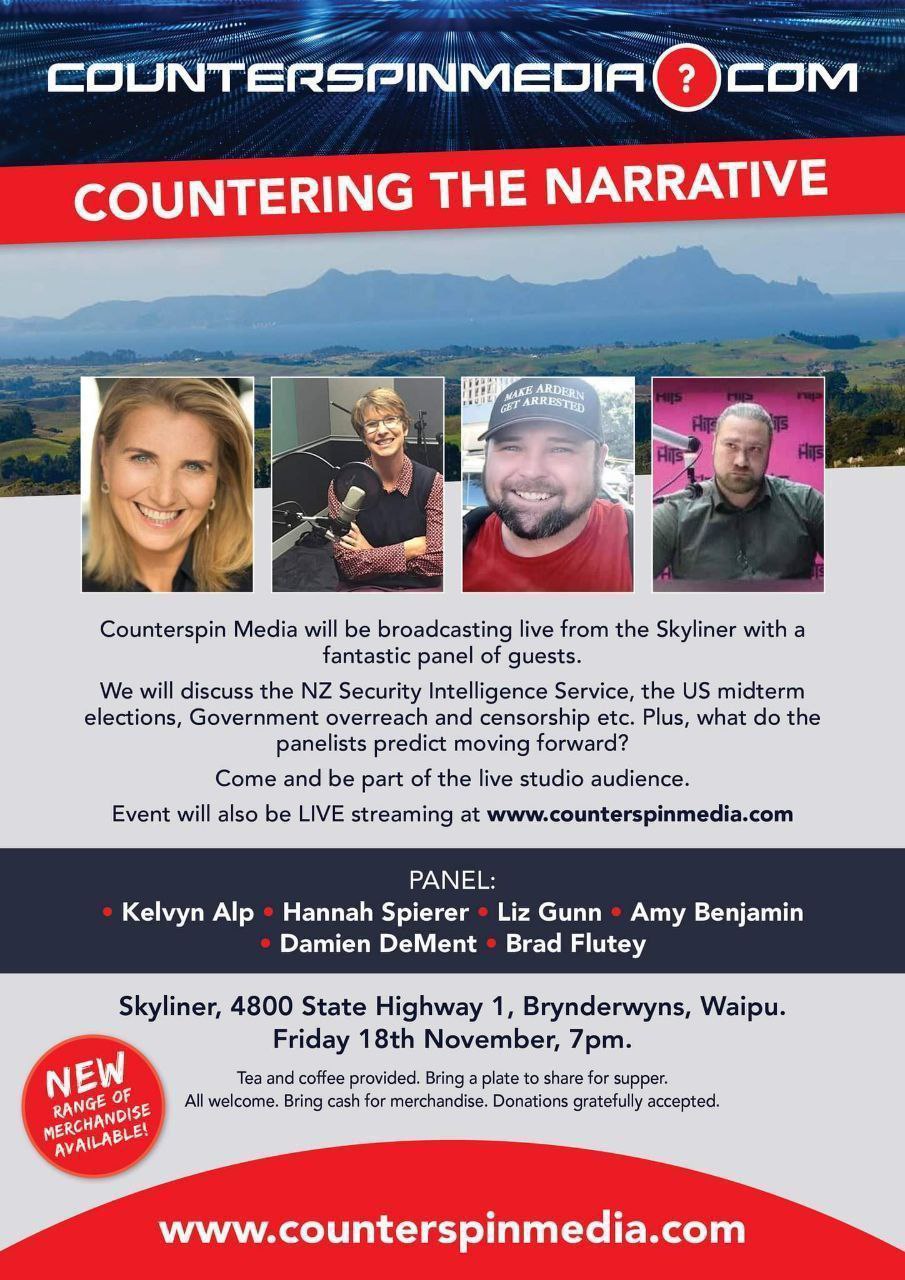
LESSONS FROM RHODESIA-ZIMBABWE
by Thomas S.
Several years ago I worked for a farmer who had come to New Zealand some time ago as a refugee after fleeing from Robert Mugabe’s genocidal regime in Zimbabwe. He arrived on our shores with practically nothing and even stayed in a tent with his wife and kids until he could set about building a new life for his family here in New Zealand.
And while he did eventually manage to get some small amount of compensation through the international courts for the seizure of his farm by Mugabe’s government, this was only a token amount considering the bloodbath and brutality which he and his family were forced to endure, both during the war, as well as during the regime which followed.
The Rhodesian Bush War, which ran from 1964 – 1979, pitted three forces against each other. Both the Zimbabwe People’s Revolutionary Army (ZIPRA), which was the military wing of the Zimbabwe African People’s Union (ZAPU), as well as the Zimbabwe African National Liberation Army (ZANLA), which was the military wing of the Zimbabwe African National Union (ZANU), had backing from international communist interests.
While the Soviet Union provided the majority of its support to the ZIPRA forces, communist China lent much of its support to the ZANLA militants. This support included both military equipment and training, as well as the dissemination of propaganda.
In addition to this, fighting forces from the ZIPRA and ZANLA factions also received additional training in explosives and weapons handling at a training camp in Pyongyang at the ‘generosity’ of the North Korean communist regime.
Meanwhile, the third faction, the Rhodesian Front, was led by Ian Smith’s government, which was at the helm of the newly independent Rhodesian Republic at the time. Foreign interference from red nations in Rhodesian politics during the war was instigated largely in order to undermine Western influence on the African continent at the height of the Cold War – something which had been staunchly opposed by Ian Smith’s government.
POLITICAL DESTABILISATION:
The destabilisation of Rhodesia took place at a time when the nation was attempting to carve out a new political identity, independent of British rule, which provided an opportunity for the communist powers to ride the wave of political dissatisfaction, much like the globalists are doing in Western nations in the modern day.
In addition to staving off militant subversion, the newly formed ‘Republic of Rhodesia’, which was founded as a successor state to the British colony of ‘Southern Rhodesia’, was refused formal recognition by the United Nations, which alienated the country at a time when it required international support.
And if history is anything to learn from, the Rhodesian example of a nation being punished for attempting to claim its own independence from globalist interests, whether that be the British Crown, or the progressive march of the international communist powers, should serve as a warning during the current political climate, when nations such as New Zealand are also contemplating their independence.
As such, it should come as no surprise to find the communists crawling out of the woodwork here in New Zealand and in other Western nations and attempting to swing the tide of political idealism in favour of another communist revolution during the political upheavals of our own time.
In this regard, it is interesting to note that much Soviet propaganda which was deployed during the Rhodesian civil war was designed to exaggerate the British role in the conflict (despite the state being an independent republic) in order to incite and radicalise native Africans into taking up arms.
This is not at all dissimilar to the highly exaggerated narratives of ‘colonialist oppression’ and ‘white privilege’ which form much of the propaganda in the modern culture war in the West.
In addition to rebel forces receiving military backing from Soviet, CCP and North Korean forces, as well as the United Nations refusing to recognise the independent Rhodesian nation, nearby African nations became safe havens for militia groups, who were able to cross national borders into relative safety in order to build strength between engagements with the Rhodesian government.
THE RISE OF MUGABE:
As the situation deteriorated, a high rate of white emigration from Rhodesia due to safety concerns further weakened the Rhodesian security forces, as well as non-military related productivity in the nation.
This eventually led to a settlement in 1978 which took place during negotiations between the government and rebel forces, and the nation was also renamed Rhodesia-Zimbabwe (not dissimilar to how New Zealand has become known as ‘Aotearoa New Zealand’ today).
This new constitutional arrangement evened out political power fairly evenly between white and black demographics. The fighting continued, however, with rebel forces led by Joshua Nkomo and Robert Mugabe refusing to acknowledge the legitimacy of this political settlement.
The country then reverted back to its political status as a British colony prior to independence in late 1979, along with the arrival of British peacekeeping forces, until the situation could be resolved and elections could take place in order to decide the future direction of the nation.
Despite reports of voter intimidation by militants during the elections of 1980, Robert Mugabe still received overwhelming political support from the African demographic and was voted into power. The name of the nation then became Zimbabwe and was formally recognised by the United Nations.
GUKURAHUNDI:
After coming to power, one of Prime Minister Robert Mugabe’s first initiatives was to sign an agreement in October 1980 with North Korean leader Kim Il Sung to have the North Korean military train a special militia force which reported directly to the office of the Prime Minister, in order to suppress dissidents.
This force was known as the ‘Fifth Brigade’ and their activities came to be known as the ‘Gukurahundi’ – a term which is comparable to that of the ‘Red Terror’ of the Bolsheviks and which can be translated as “the early rain which washes away the chaff before the spring rains”, in the Shona language.
While initially popular amongst much of the native African demographic, Mugabe was still resented in many cases by remnants of rebel factions with whom he had not been aligned during the war. After all, it was a three-way conflict, and both ZIPRA and ZANLA forces had also been known to fight each other, not just the Rhodesian government.
During the assertion of Mugabe’s political power, the Fifth Brigade murdered, raped and tortured thousands of dissidents, many of whom were amongst the black population, and committed many more to re-education camps – as is often the prerogative of a communist regime.
FARM OCCUPATIONS:
At the same time, Mugabe’s government began seizing land which had been owned by white farmers and redistributing it on a racial basis to native Africans. This was despite, as my former employer explained to me, that they had previously been asked to stay by the government and promised that there would be a place for them in the new nation after the war.
During the short-lived transitional period of the Rhodesia-Zimbabwe era prior to the elections and the rise of Mugabe, land reform initiatives had already begun, as per the Lancaster House Agreement.
Mugabe, however, implemented a more aggressive policy, which involved the seizure of farmland and property from landowners, many of whom were white. Many of these land seizures involved invasion, violence and occupation of the land, and ironically, much of the redistribution of land benefitted those who had connections to the ruling party in power.
My former employer was one such farmer who had his farmland occupied during this time. At one point, he and his family were holed up in a safe-room in the homestead, guns pointed at the inside of the door as marauders ransacked the house. He also relayed to me how he would have to steel his nerves every day when he would walk down the driveway to unlock the front gate, not knowing if he would be coming back.
Violence against white Zimbabweans was fuelled by racially-charged propaganda from the government, resulting in atrocities which are comparable to those which are currently taking place in South Africa on rural homesteads today.
My employer’s neighbour, for instance, had been out for a walk with his daughter, before he was captured and tied back-to-back with his daughter with barbed wire while she was raped. They were then killed and the man’s blood was then drunk by the assailants.
Furthermore, native Africans who were sympathetic to the plight of the white farmers and who rejected the narratives of colonialist oppression were also subjected to this sort of violence. My former employer told me of how the occupiers would sit around a campfire and decide who should be lynched – the ultimate form of cancel culture.
Despite having his farm occupied, my former employer was required to maintain the production of the land, and on one occasion, he got wind that one of his farm workers was to be lynched for ‘wrong-think’ during the campfire meetings. Jumping into his truck, he pulled up at high speed at the campsite, threw his worker into the truck and sped off again, saving his life.
ECONOMIC COLLAPSE:
Ironically, this policy of land seizure drove many farmers to leave Zimbabwe, and once crops had been harvested, the ‘worker class’ who did not possess the knowledge or the aptitude for farming and agribusiness, were in many cases unable to sow a successful crop or reap a successful harvest in a country which had formerly been known as the ‘Breadbasket of Africa’.
This, along with other communist-inspired fallacies, resulted in a 45% reduction in the output of food crops, a 29% reduction in manufacturing, the implosion of the economy, an unemployment rate of up to 80% and the collapse of the banking sector, preventing farmers from accessing loans and investment.
Those with the means to do so fled the country during this time of hyperinflation, taking whatever remaining capital existed along with them. Currency became essentially worthless during this time, much like it had during the Weimar Republic in the early 20th century. The largest denomination of banknote issued by the Reserve Bank in Zimbabwe at the time was for $100 trillion and was still worthless.
I have been told by one woman who fled to New Zealand that many Zimbabweans had to cross the border into South Africa to buy groceries during this time. Others turned to the soil to scratch out an existence and others hunted wild game in order to survive the poverty which ensued.
MARXISM, & MAORIDOM:
As has often been said, history seldom repeats but it often rhymes. And we are seeing an alarming rise in racially-based narratives throughout the Western hemisphere, including here in New Zealand. As such, those who think that the Zimbabwe situation could never play out in our corner of the Pacific haven’t been paying attention.
There is, after all, a concerted effort to co-opt Maoridom along Marxist lines in order to subvert New Zealand’s sovereignty. This is being done on many fronts, one of which is co-governance. Furthermore, the Maori Party, who formed part of the last coalition government, are an organisation that pedals a cultural Marxist narrative, while claiming a foundation of Maori advocacy.
This has gone so far as to involve violence by a hikoi leader towards a member of the public at a hikoi organised by the Maori Party, simply for carrying a New Zealand flag. It has also involved the disruption of a vote on legislation in the House of Representatives by a haka involving both Members of Parliament and spectators seated in the gallery above.
Maori Party Co-Leader Debbie Ngarewa-Packer also recently told Jack Tame in an interview on public television, when asked if Maori have more rights than non-Maori that, “I have more obligations, and I think I also have more rights with those obligations” and that “we have different expectations and different rights, absolutely.”
This process of polarisation which was evident during the subversion of Rhodesia-Zimbabwe and which is again taking place here in New Zealand, is the first step in a four-stage process, followed by tribalisation, dehumanisation, and ultimately, violence.
We have already seen an example of this in 2017 in the United States, when a group of four young people in their teens and twenties who had been radicalised by the Black Lives Matter (or BLM) movement, kidnapped and tortured a mentally handicapped teen who had been at McDonalds to meet one of the assailants, whom he had mistakenly considered a friend.
The torture, which has been regarded as a black-on-white hate crime, involved racial abuse and physical violence, including scalping with a knife, gagging, beating and forcing him to drink from a toilet. The attackers could be heard laughing and shouting, “Fuck white people,” during a Facebook live-streaming of the abuse. The mother of the boy was also asked for a ransom of $300.
Despite the best efforts of the radical left, however, New Zealanders have already demonstrated an innate capacity for collaboration, as witnessed during the Parliament Occupation in 2022, which brought together Kiwis from all corners of the nation and all walks of life, all called to the cause of defending each other’s rights and freedoms.
It is for this very reason that people such as my former employer, as well as many others, have looked to New Zealand as a beacon of hope, a place of sanctity and serenity and a place where they could raise their families in safety.
In this regard, Maori who are awake to the manipulations of the cultural Marxist agenda have an immense responsibility in defending our nation from the weaponisation of race relations, of polarisation, tribalisation, dehumanisation and all the destruction that ensues thereafter.
May God defend our free land.
Look for more articles by the Counterspin team of writers on counterspinmedia.com/blog
and at counterspinmedia.substack.com
Please pass all Counterspin articles on to those you think would appreciate them but will not come to them without your assistance. We are creating the new world, and it begins with honest human interaction and the sharing of ideas.




Leave a Comment